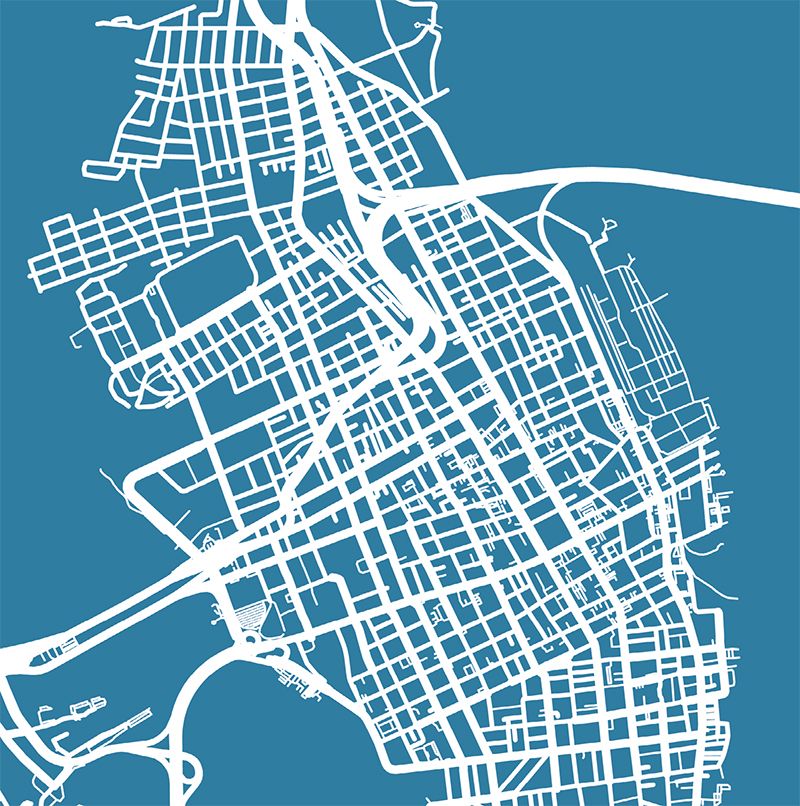A Charleston-born historian on accelerating into the city’s future

Have you ever been beached—behind the wheel of a car stuck in sand (or snow) and unable to proceed? Common wisdom says it’s best to reverse, roll back a tad, and then rev forward to gain traction for the forward leap.
It seems to me that we might be in one of those situations now, in 2020, this year of anniversaries: the city is 350 years old, the College of Charleston is 250, and the country’s first preservation organization, the Preservation Society of Charleston, turns 100. I’m a citizen of the first, and a member, in one way or another, of the other two. No doubt a lot of people on a lot of local committees have been putting their heads together over these milestones and planning strategies. Here’s hoping before we leap forward, that we get a tad of traction by looking back at where (and what) we’ve been.
The signs are good: No one seems to be marking anniversaries as we used to. I remember the city’s 300th birthday, which followed to the letter what was done 50 years before: there were tableaux and parties, dedications of markers and recitations of heroic deeds. Daily prosaic things were buried in a time capsule or two. Everyone looked to the storied past and predicted similar types of glories in the coming years.
At the college a few months ago, though, there was a ceremony on Founder’s Day that did things a bit differently, despite the balloons, the bands, and good cheer. A historical marker was unveiled, admiring the buildings while also admitting a less-stellar story: a painful one of gender and racial discrimination. The casting of the letters in bronze (or another metal alloy probably) suddenly lessened the burden of the past. There was a burst of unalloyed joy in the crowd as President Andrew Hsu read the words and said that we’ve reversed course—no longer following that track, but heading for braver, more diverse territory.
Charleston profits from its past—literally—by selling it, marketing it, and mining it as if it were ore.... That the stories were not true did not seem to matter. Tourists bought them, and some of us locals did, too.
At a recent meeting of the Preservation Society, board president Betsy Cahill did a somewhat similar, yet opposite, thing. She reminded the members that on its founding, the organization had been called “The Society for the Preservation of Old Dwellings.” Over time that name seemed too quaint so it was shortened in the 1950s. But on looking back at what the founders had intended, she saw that the focus of the group was primarily on keeping houses as homes, preventing them from being torn down for hotels or converted to other uses. The city was built for all of its citizens, for those who dwell here, not for those passing through. The future mission of the society was clarified and strengthened by an acute backward look.
Charleston profits from its past—literally—by selling it, marketing it, and mining it as if it were ore. Over the years, the dark old stories have been refined and shined up. Tour guides and books glossed over things: Maybe there was slavery, but it was not that bad. No way that such a beautiful city could have sprung from anything but grace and charm—certainly not greed of some and other’s suffering. That the stories were not true did not seem to matter. Tourists bought them, and some of us locals did, too.
It’s time to not just lean on the past, but learn from it. Acknowledging the truth of our mistakes won’t change them, but it just might change a mind or two and alter our course. The world will not end if we rename a street (we’ve done it repeatedly; anyone remember Union, Squirrel, Centurion, Amen, Friend or Mazyck streets?). If we put up a statue or a memorial to someone who sought good for the majority and not just a limited few, it might inspire someone in the next generation to do the same. Anniversaries are not a time for self-congratulation, or self-flagellation, but for soul searching.
Today, it’s encouraging to see we are not stuck in the past, spinning our wheels, but going forward. With so much momentum behind us, we in Charleston just might find ourselves in the driver’s seat, and with all our diversity, in a position to lead.
Harlan Greene is an award-winning novelist, writer, historian, and archivist. He is scholar-in-residence at the College of Charleston’s Addlestone Library. His latest book, The Damned Don’t Cry—They Just Disappear, was published by University of South Carolina Press (December 29, 2017).